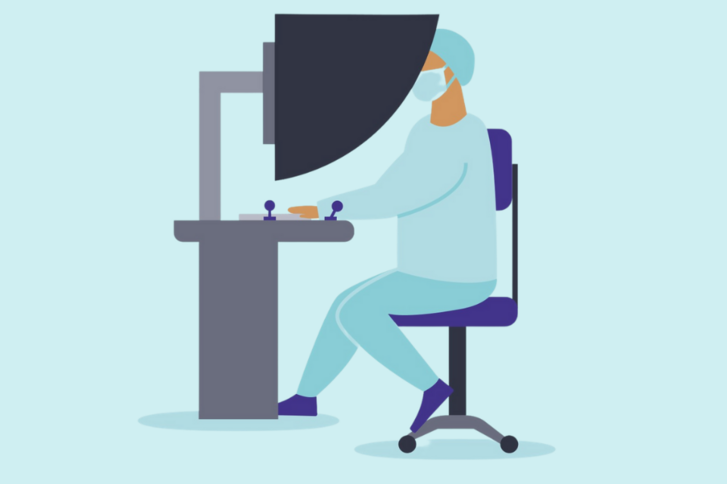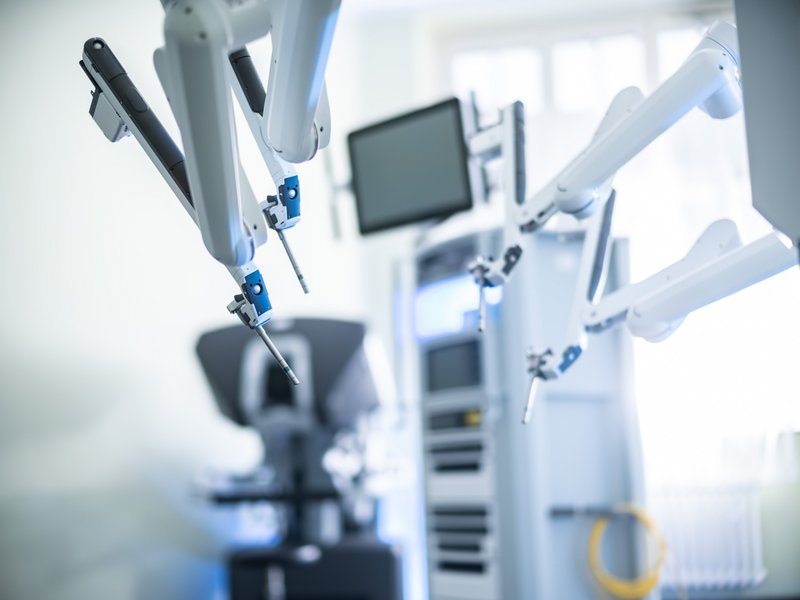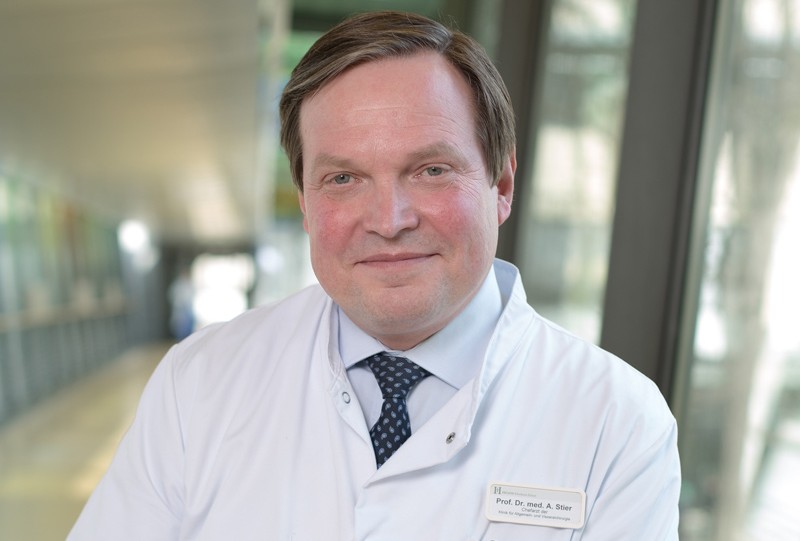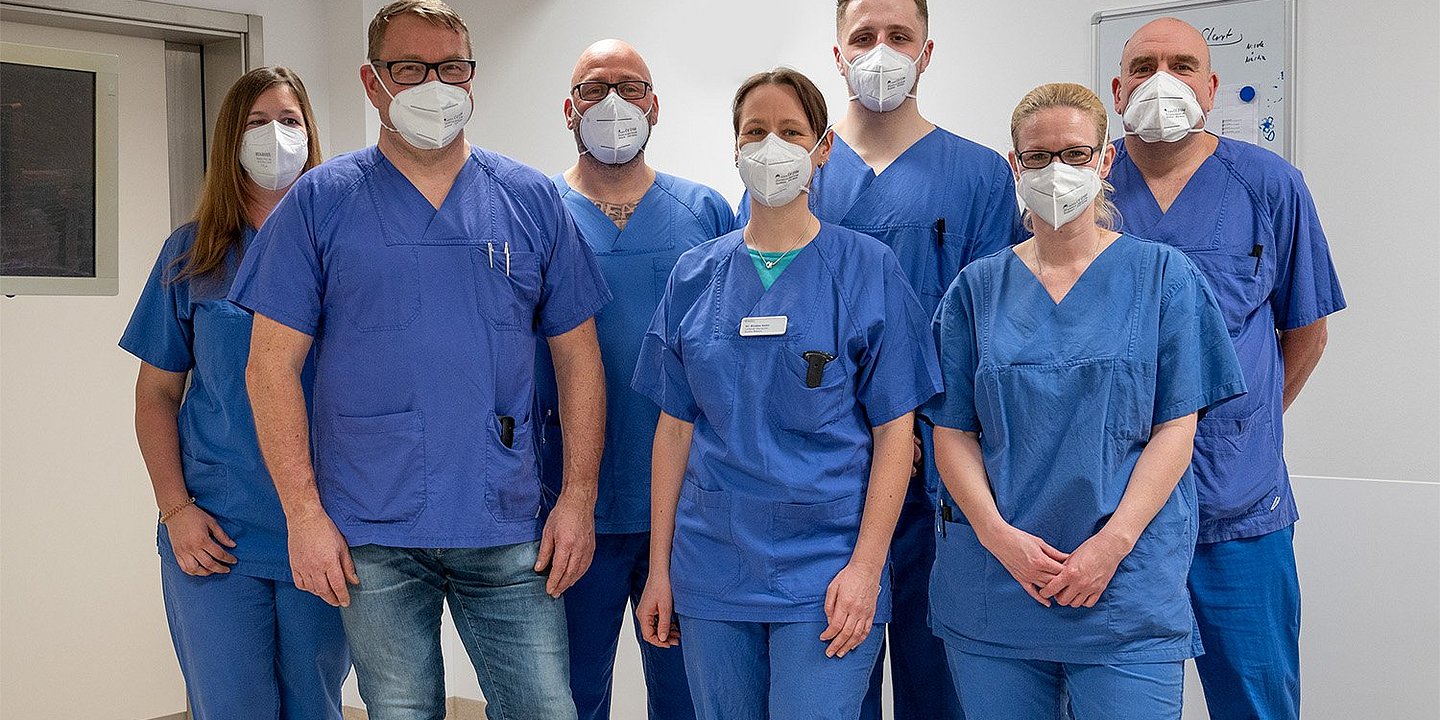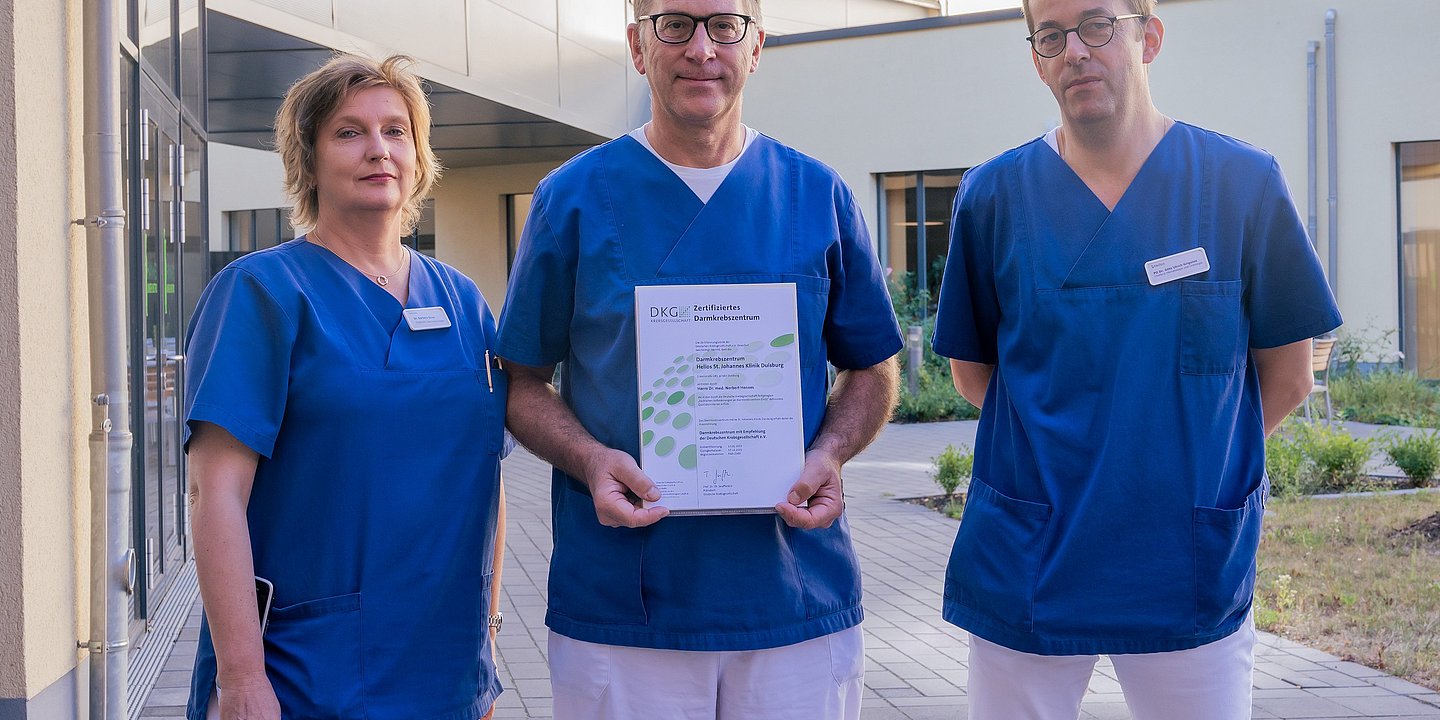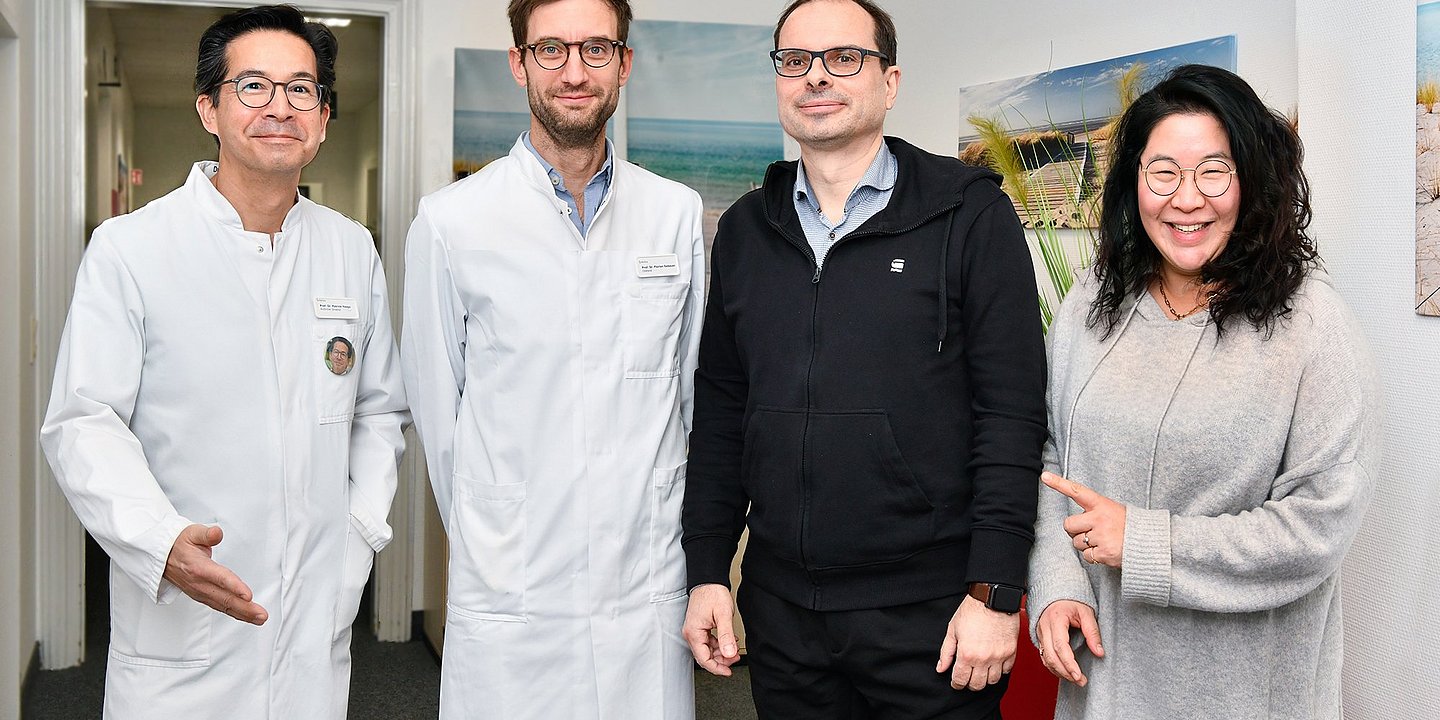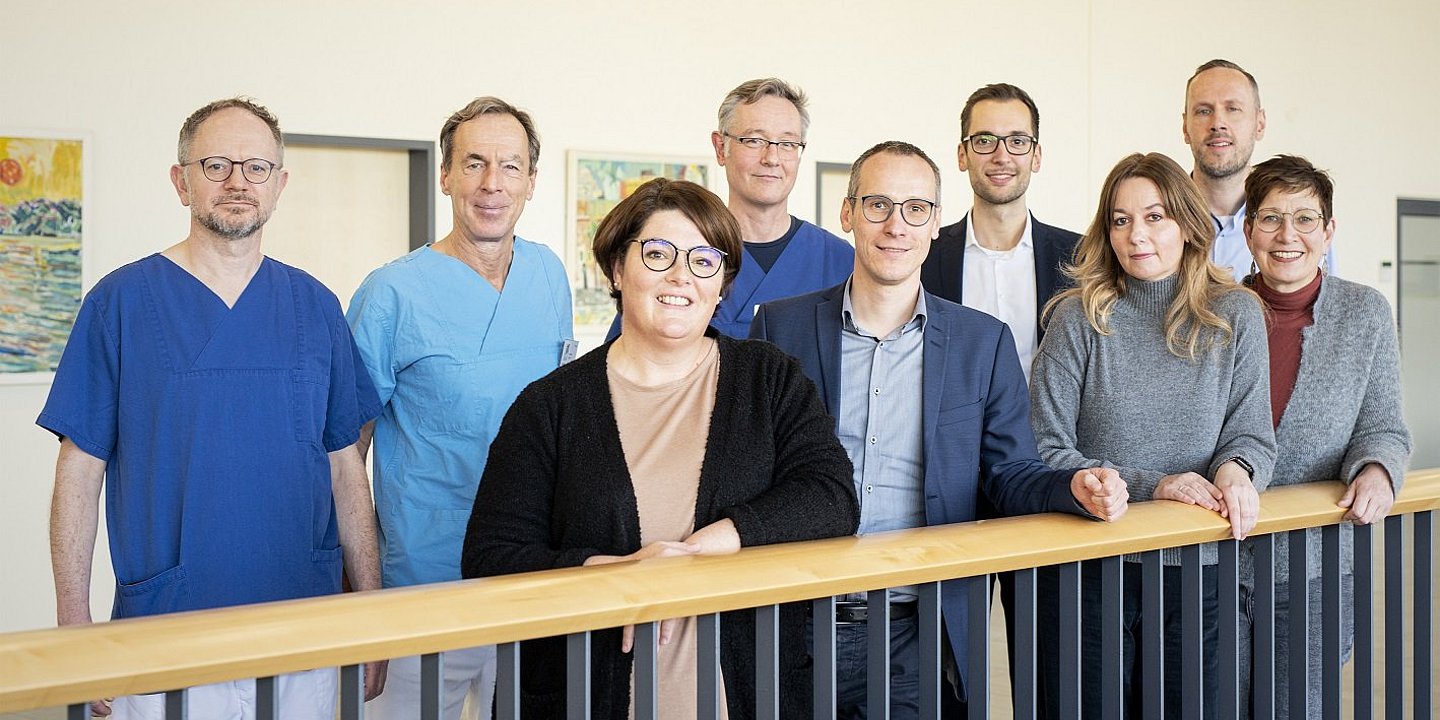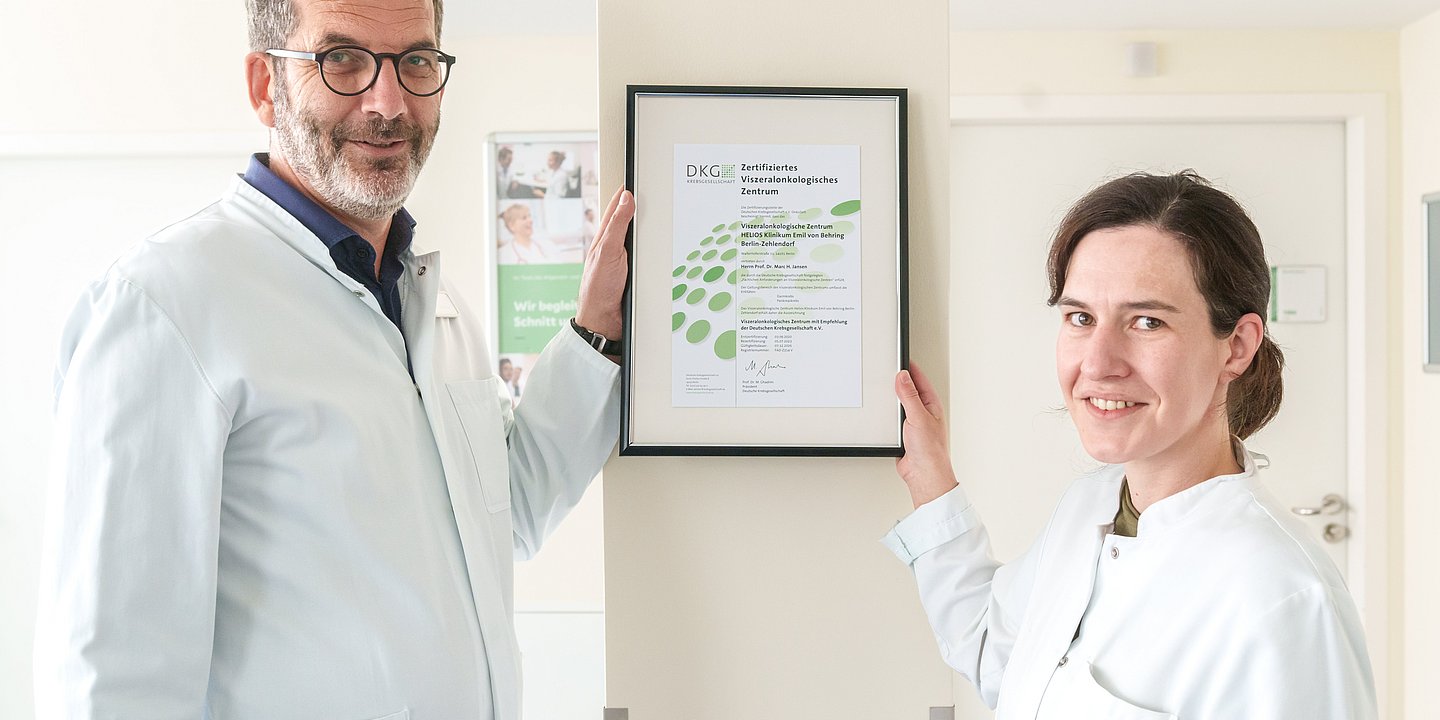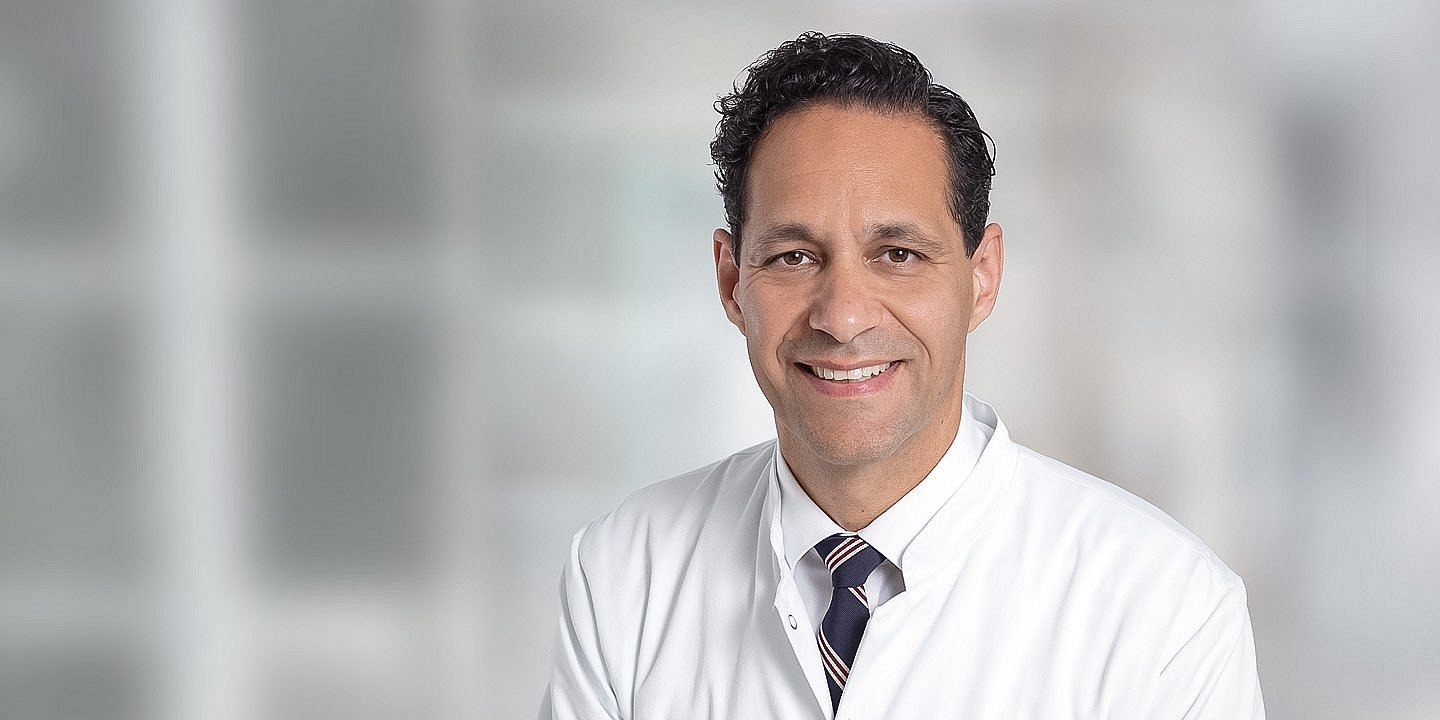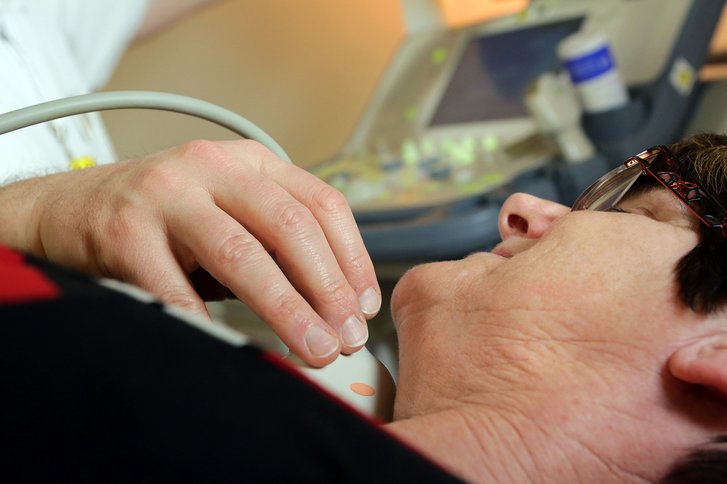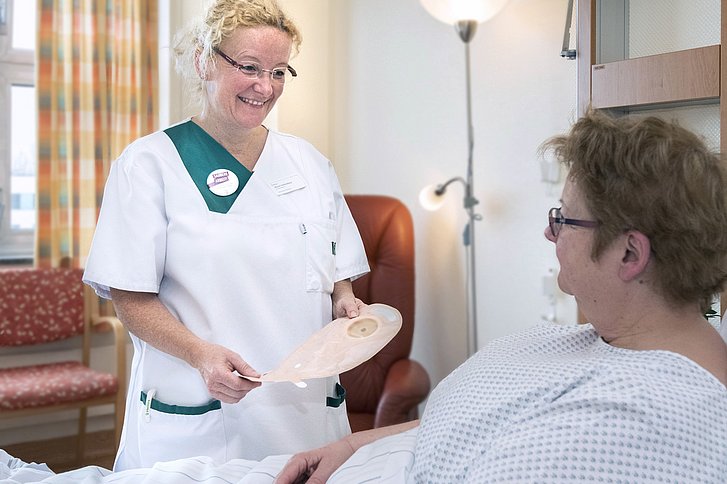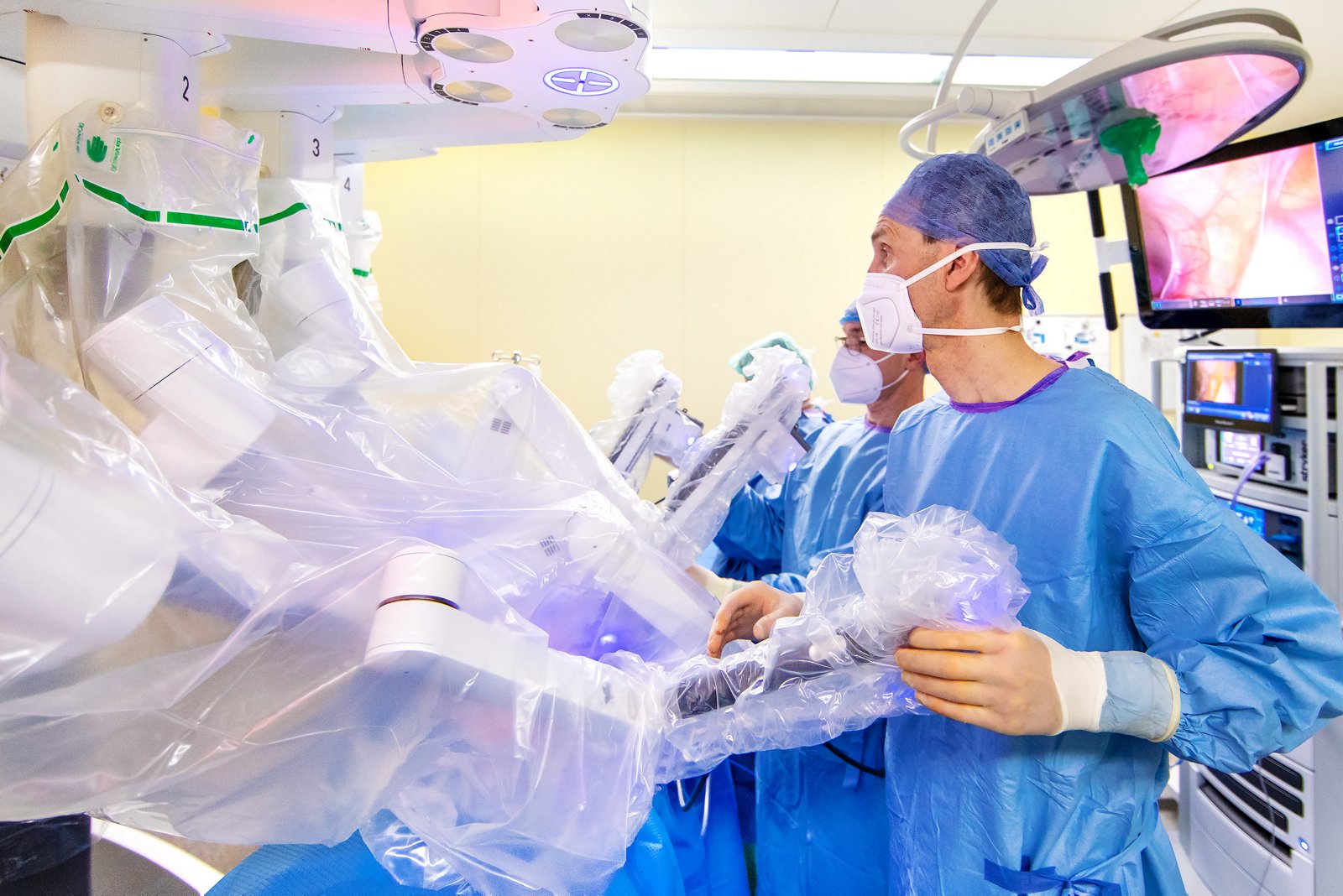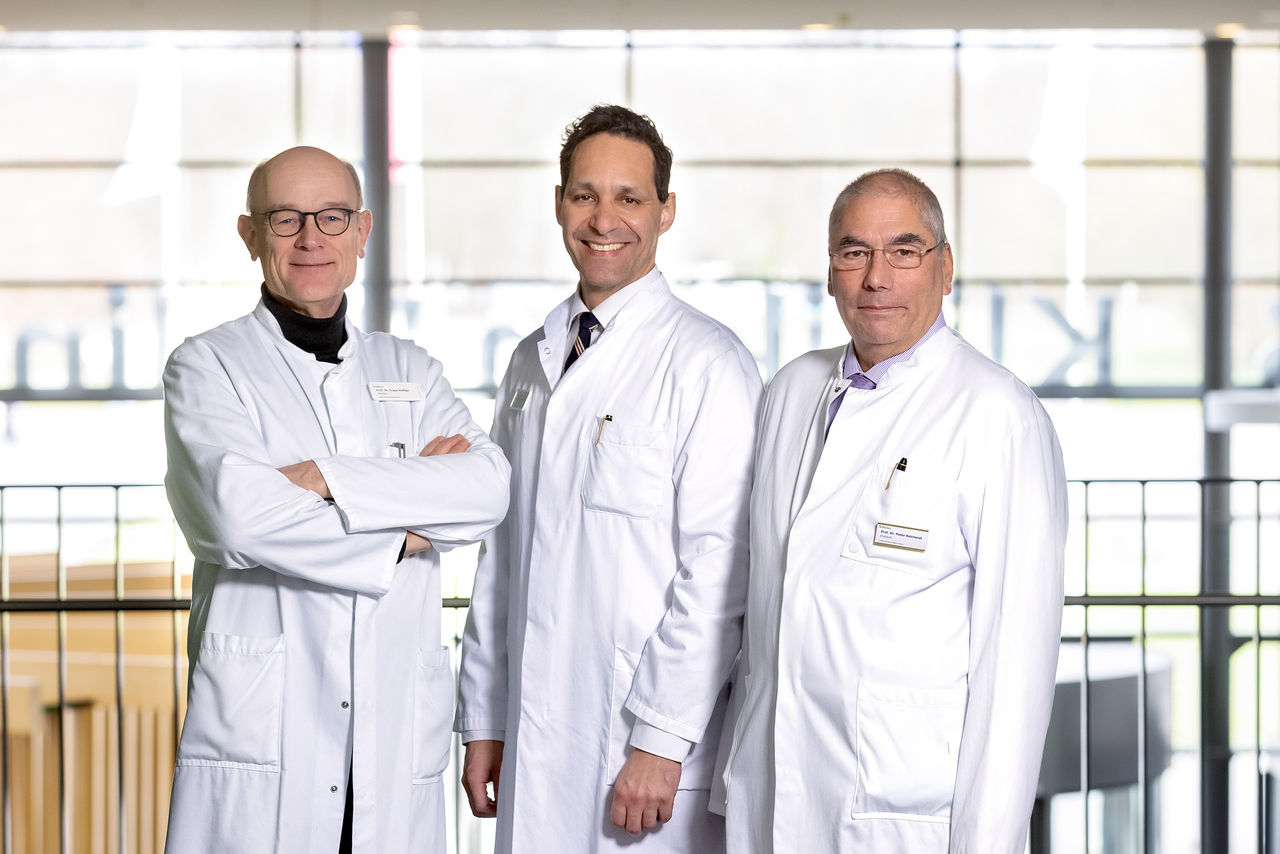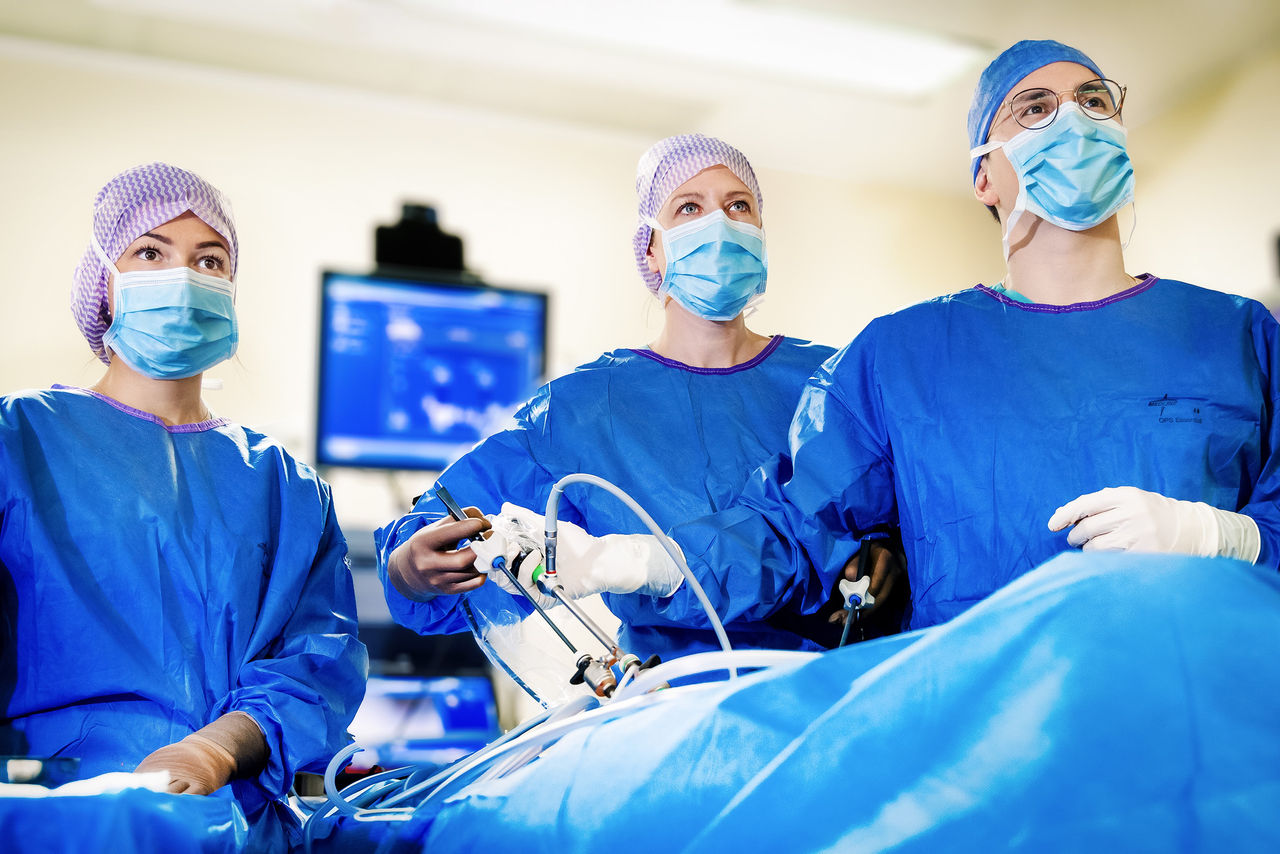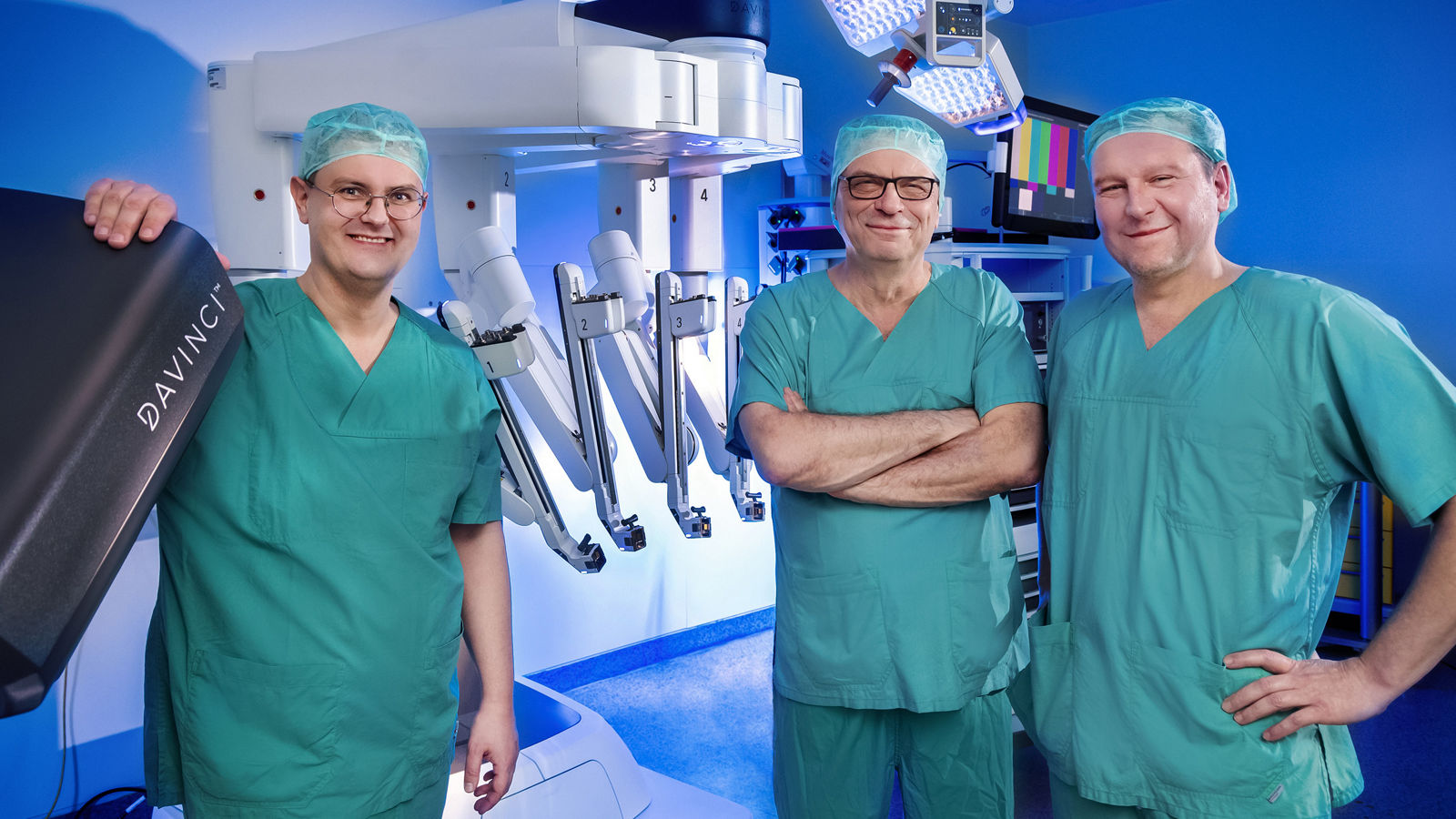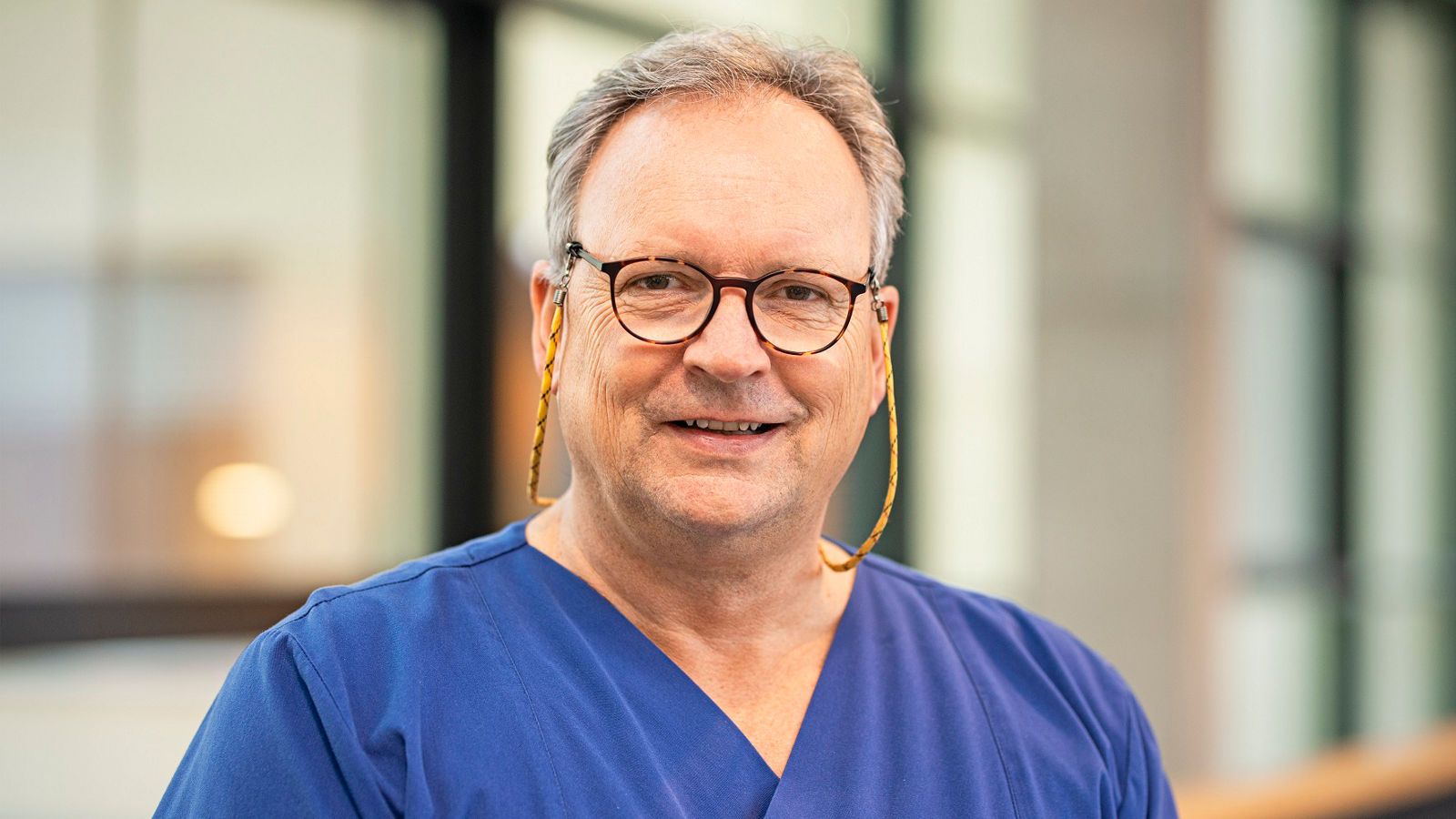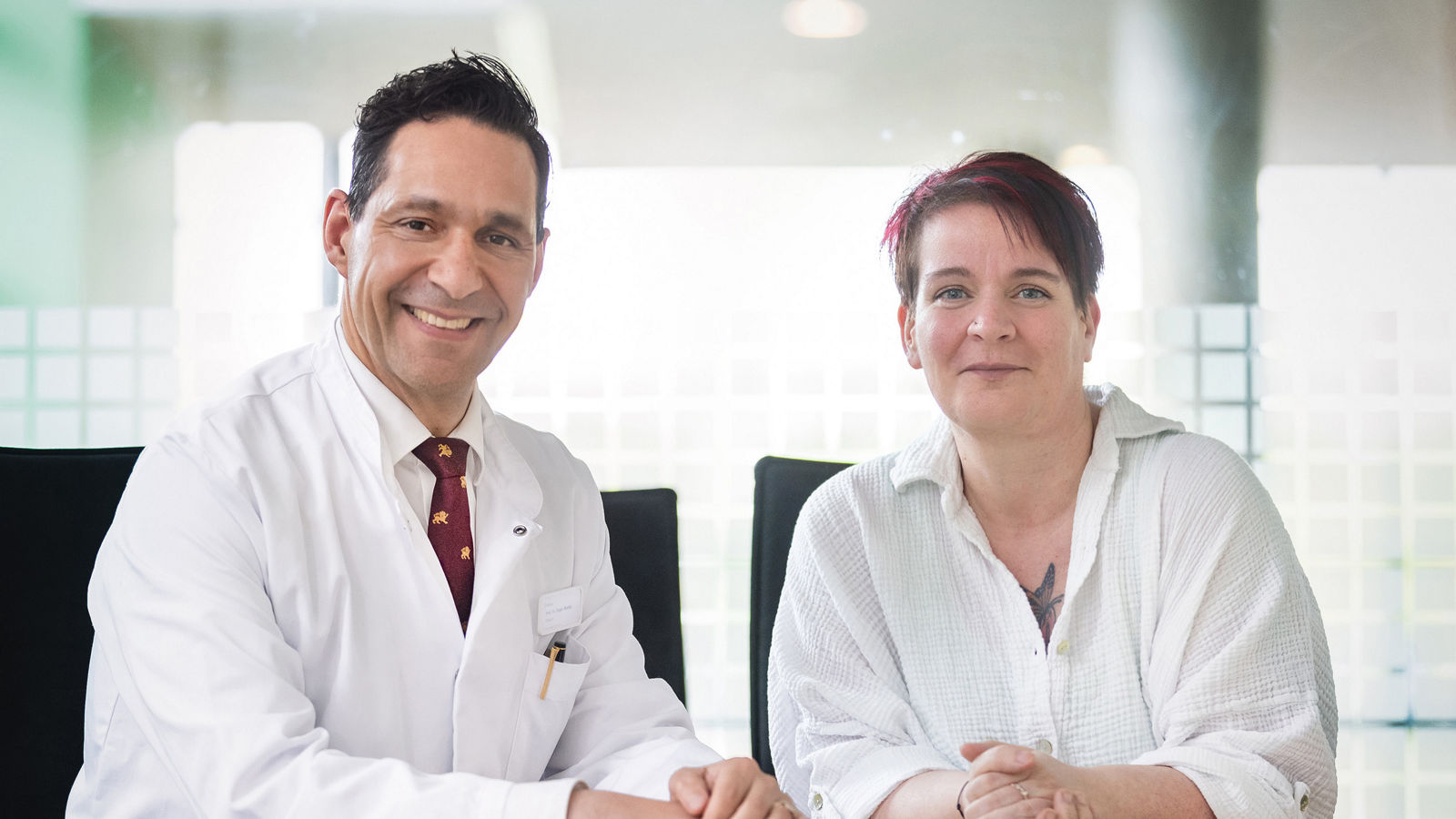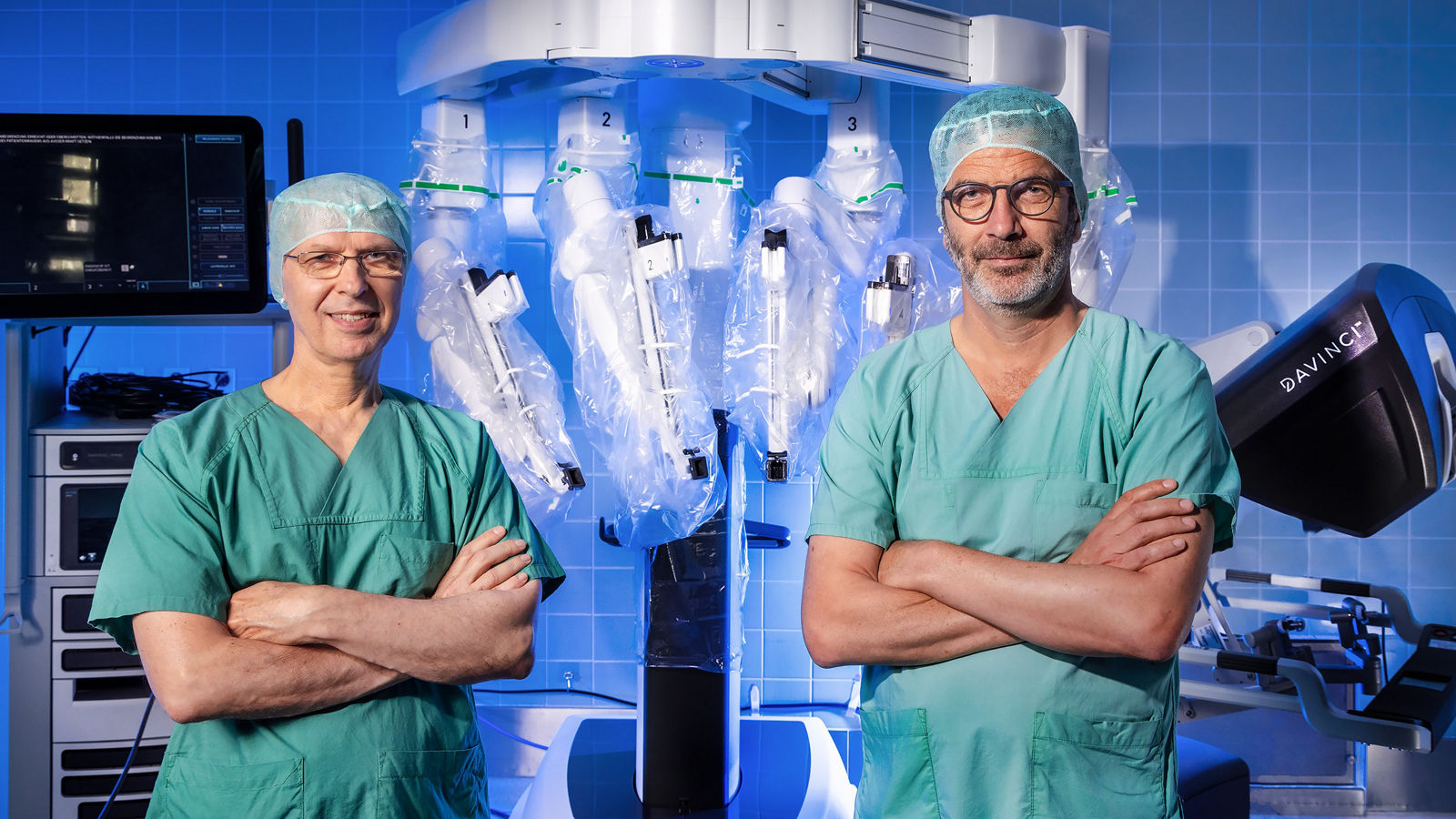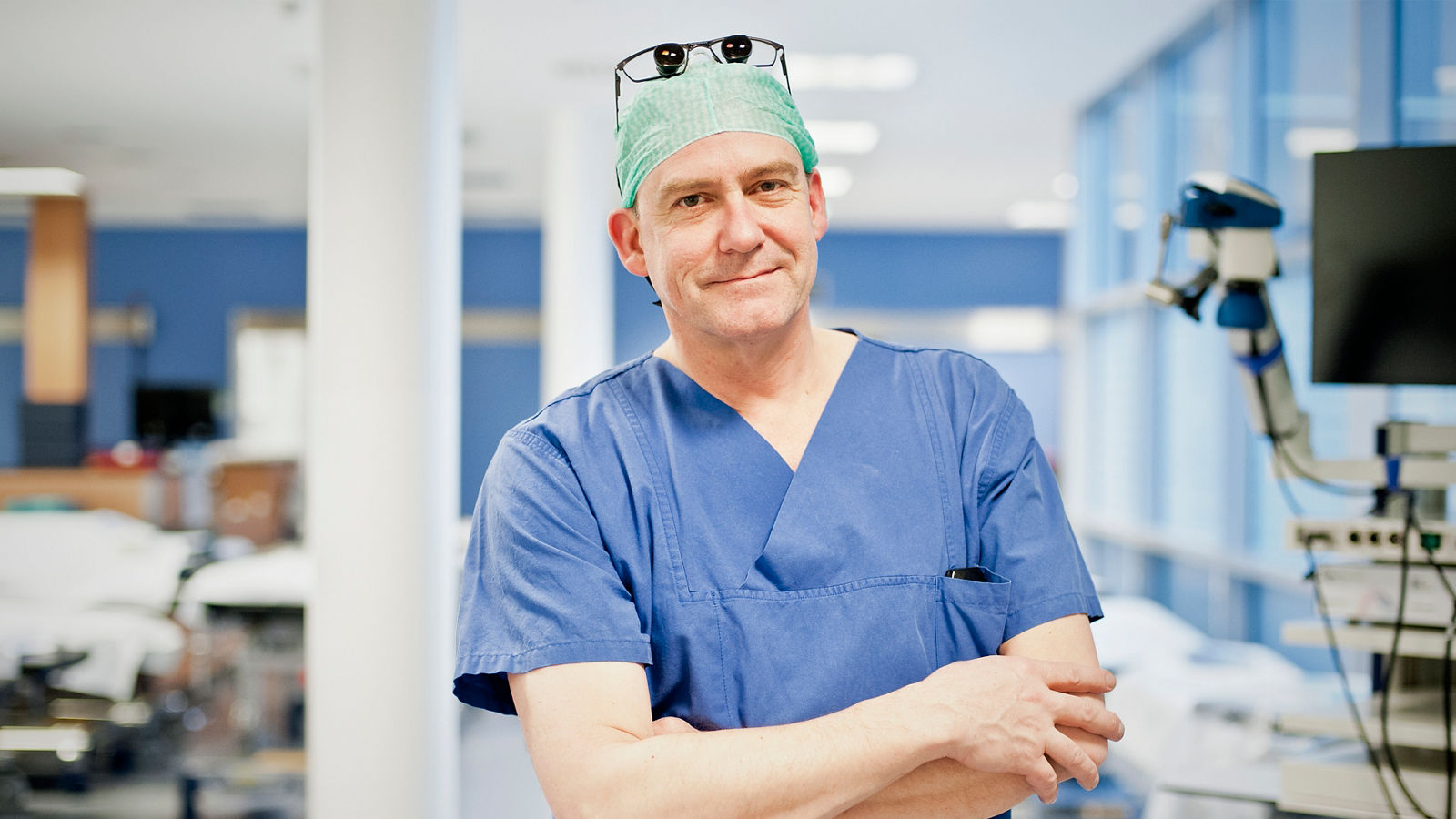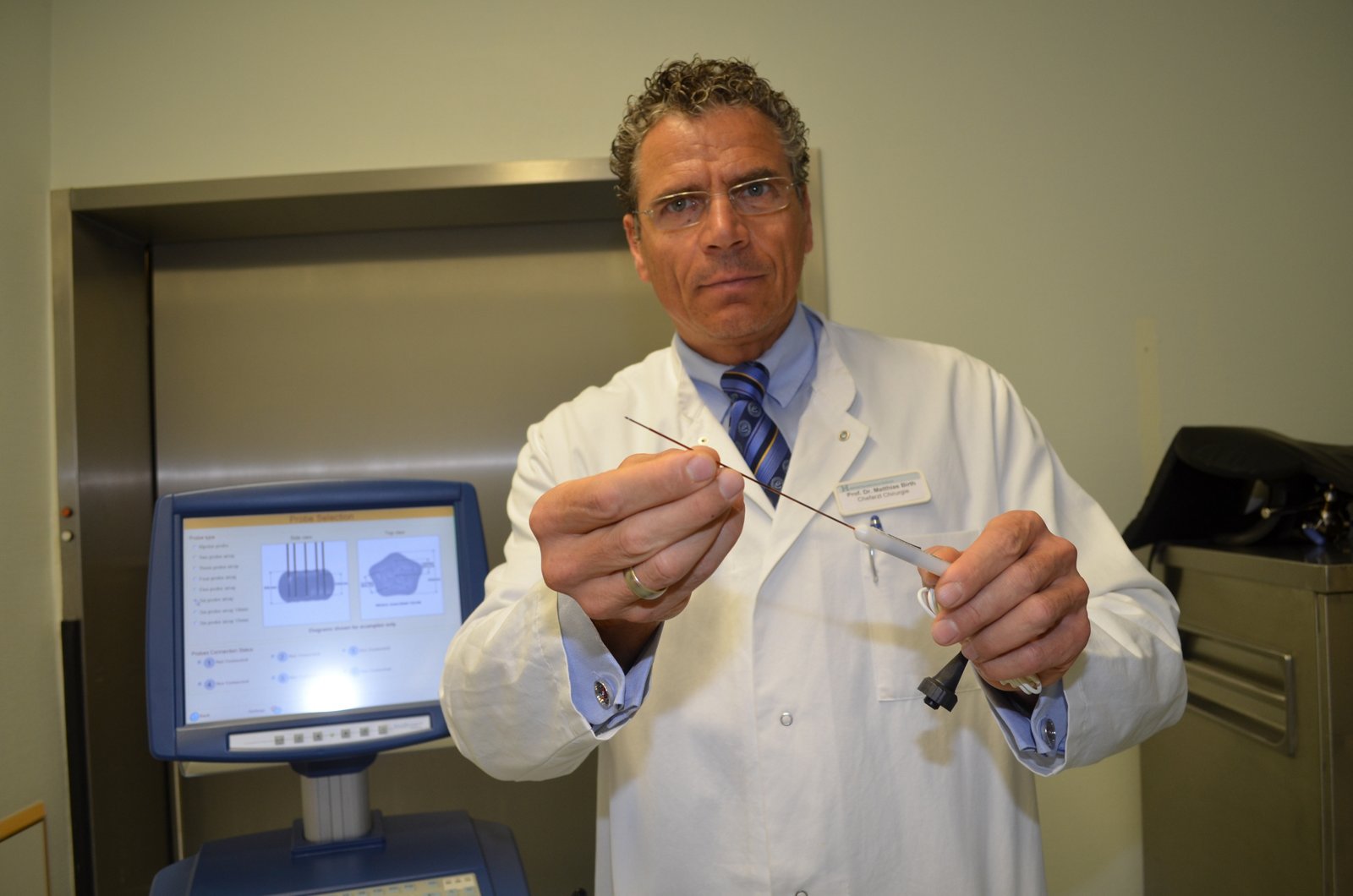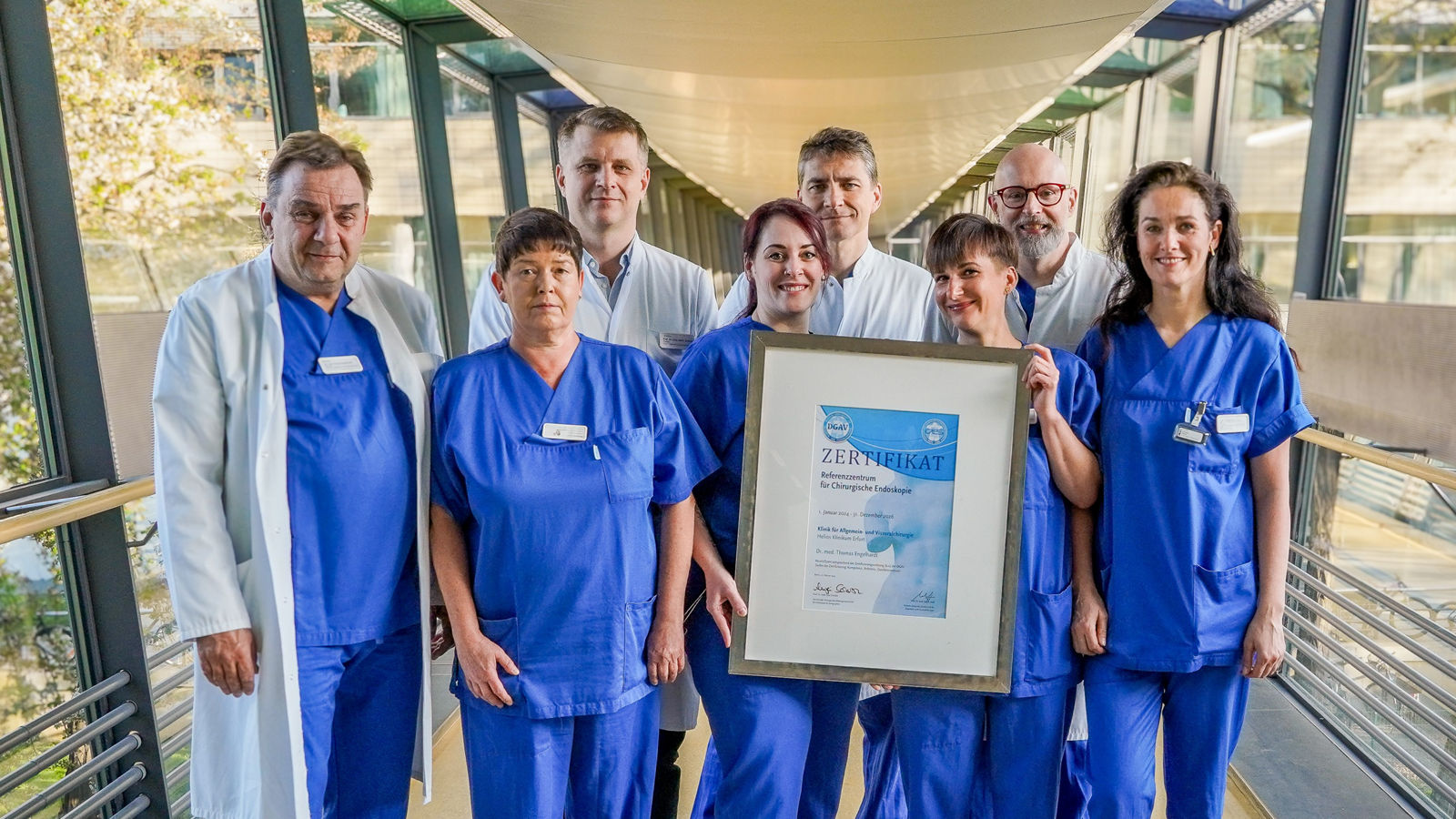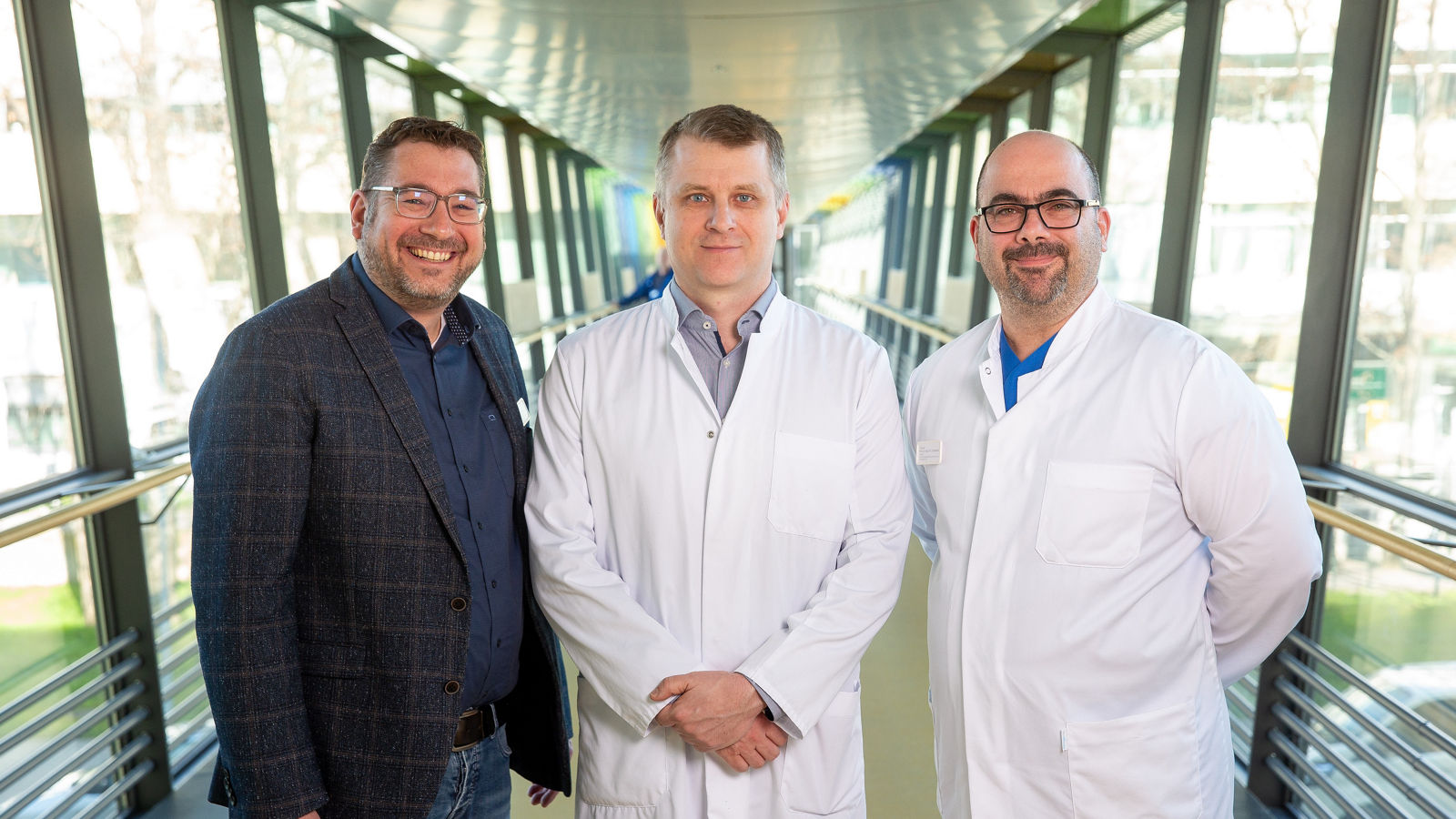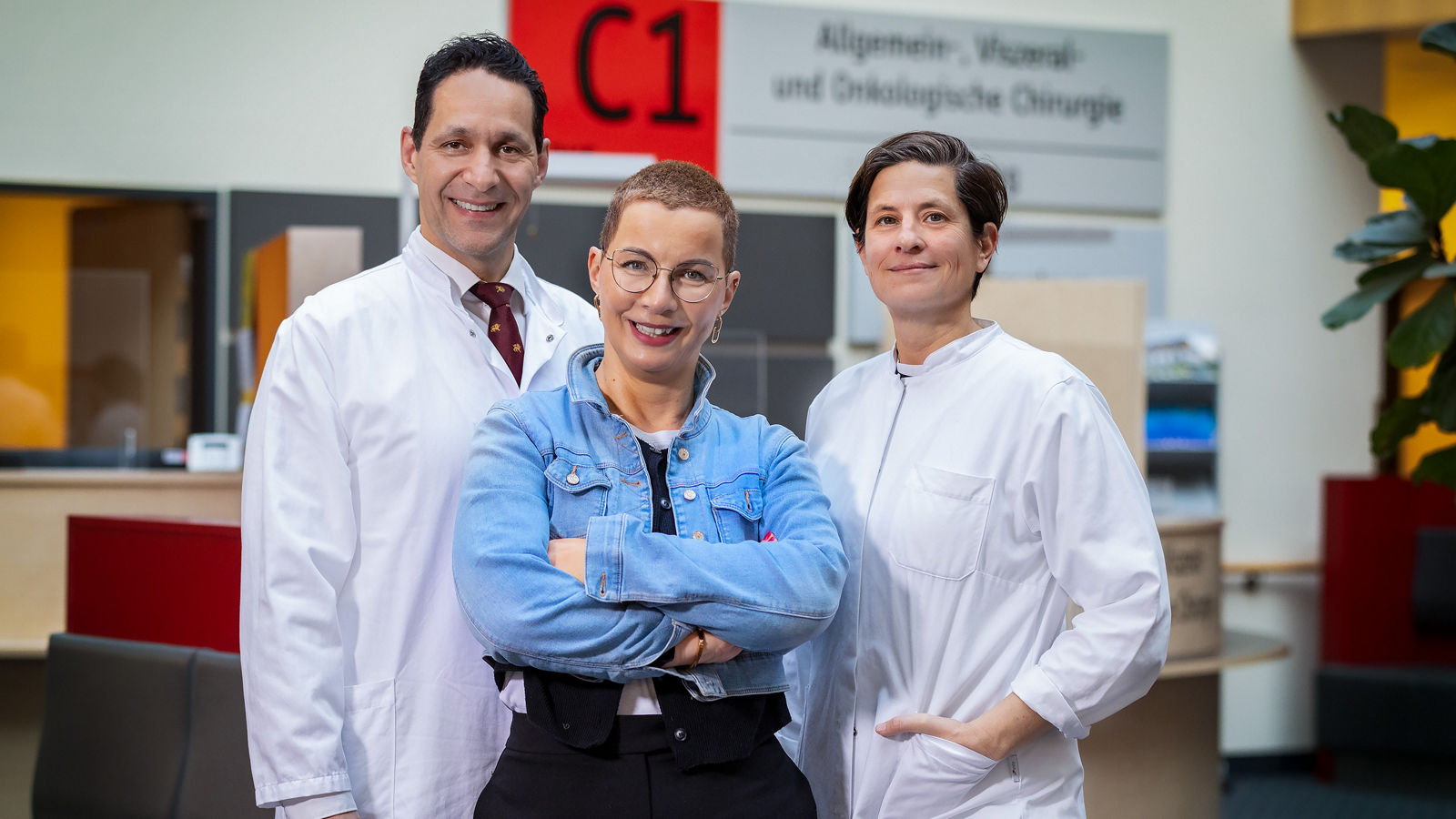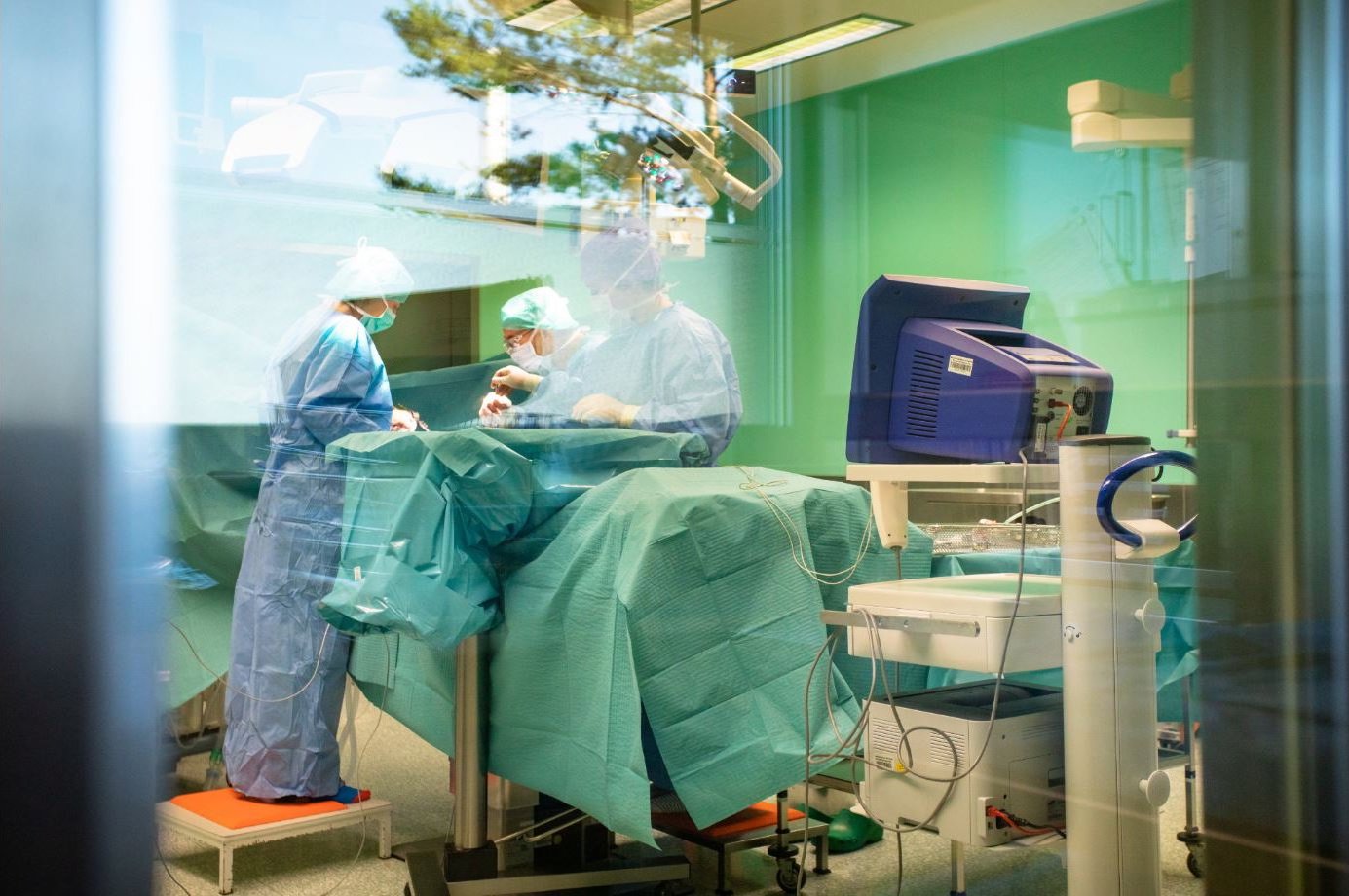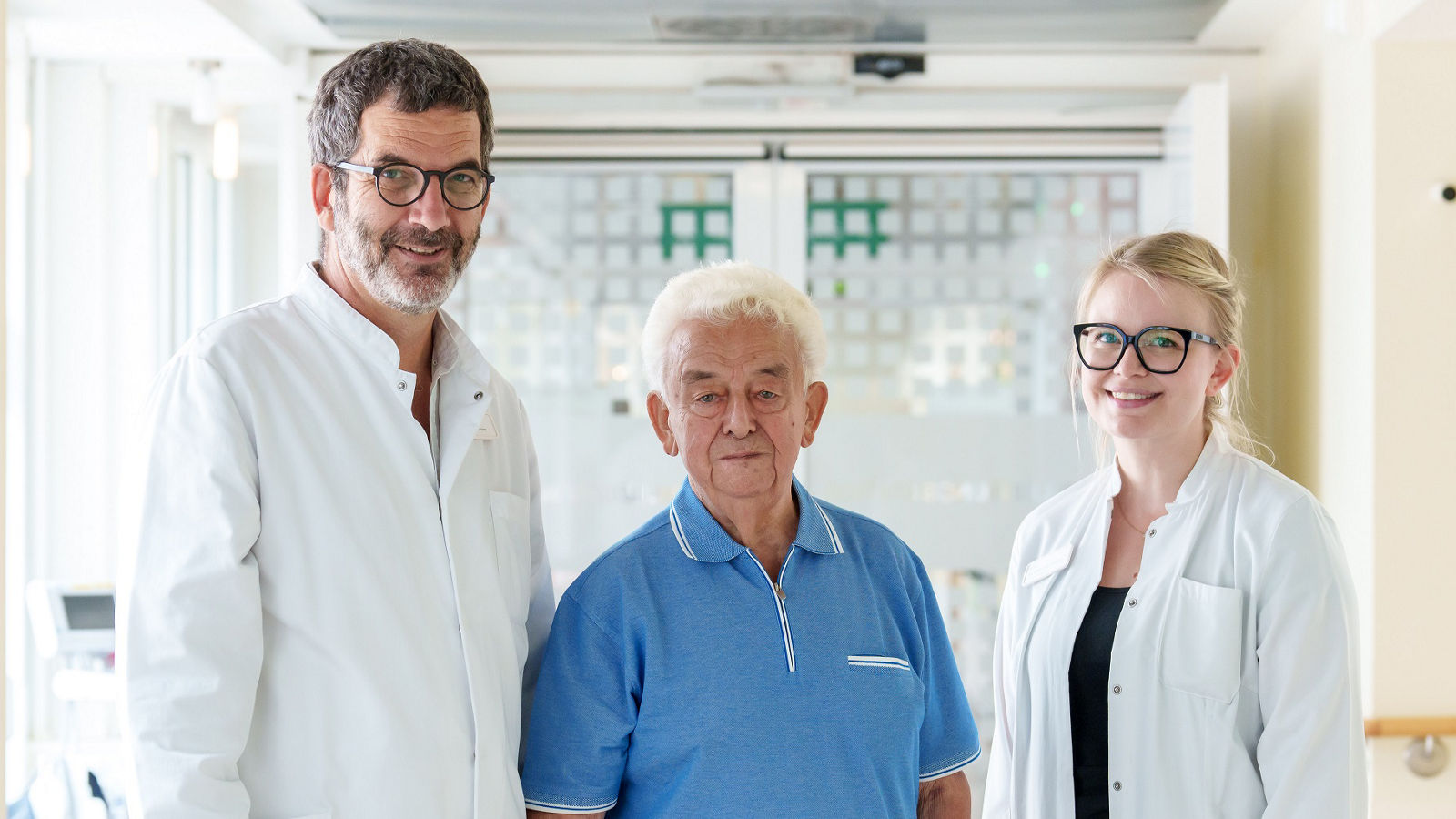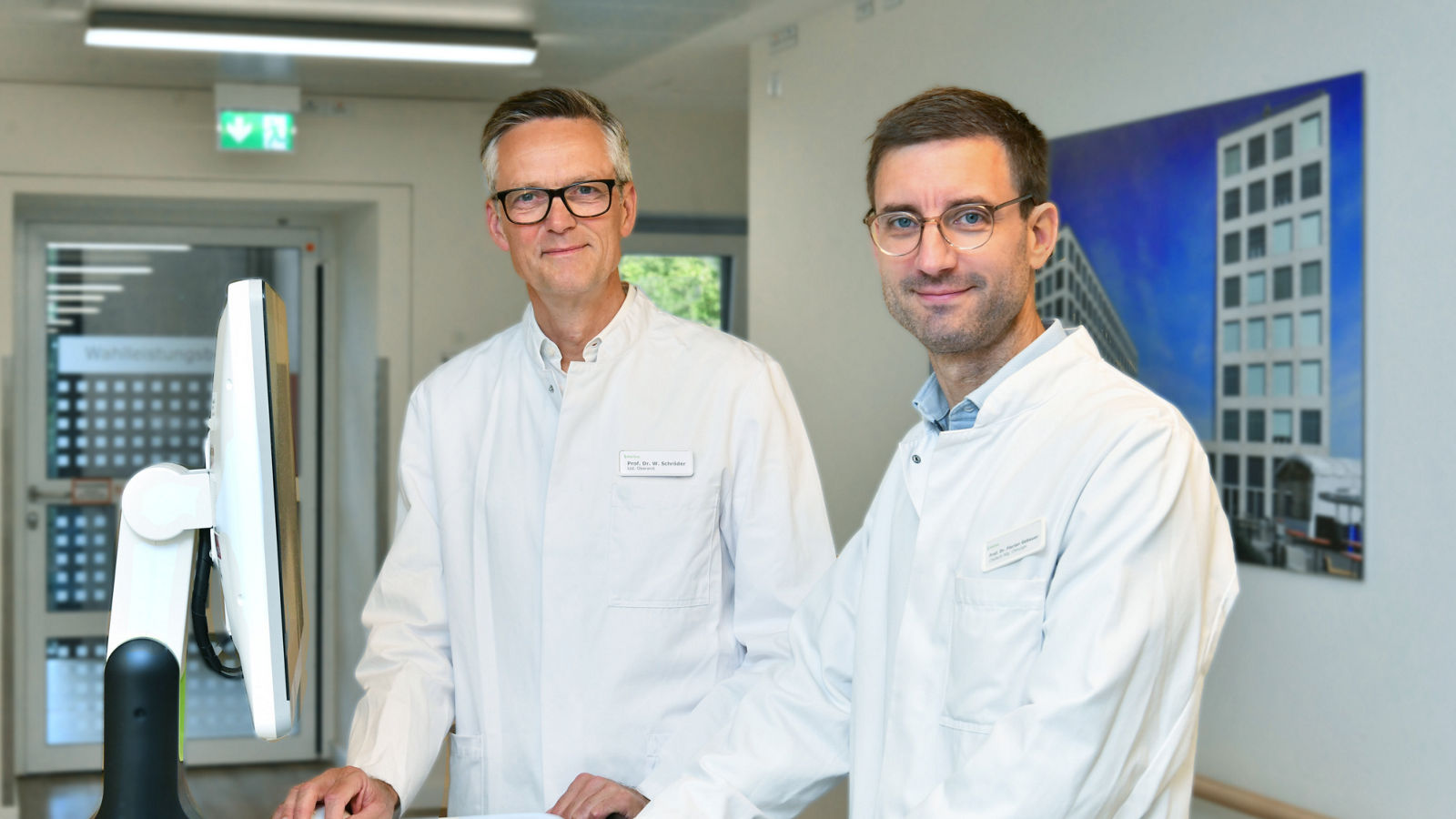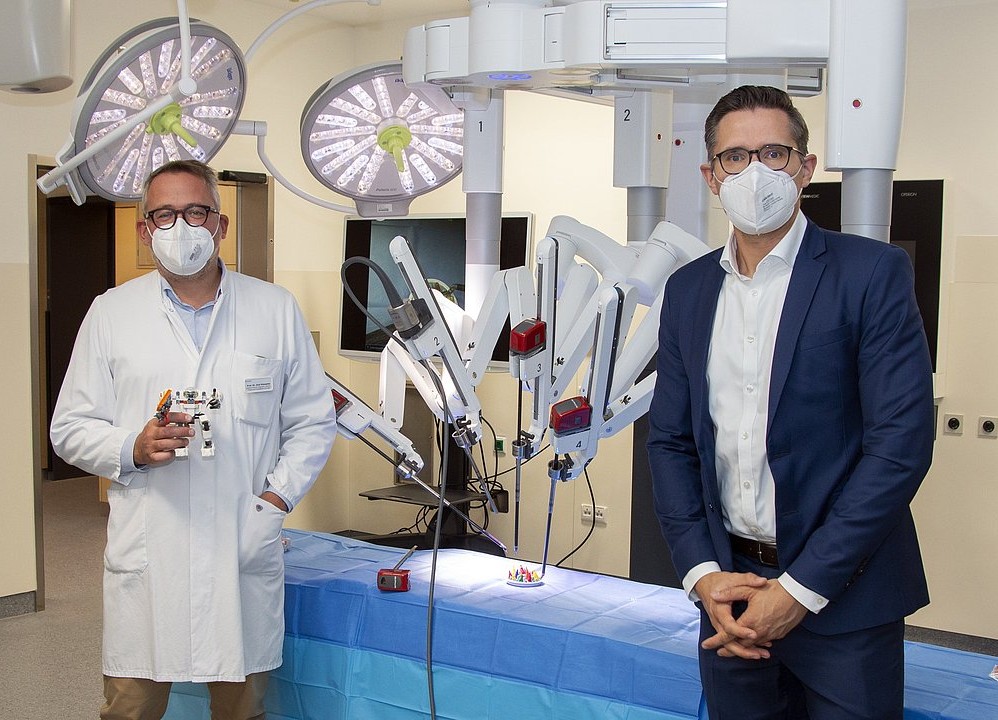
High-tech medicine against cancer: a new robotic surgeon helps with operations
A cutting-edge technical novelty, the da Vinci Xi robot, weighing over a ton, arrived at the Helios Amper Hospital Dachau on 30th September. It will assist surgeons in Operating Room 6 during minimally invasive operations. With its high degree of precision, it will help patients with tumors of the chest and abdominal cavity, including cancerous ones.
“Our hospital uses a robot of the latest generation—the da Vinci Xi operating system. With its help, we can offer patients a full range of complex minimally invasive procedures,” says Florian Aschbrenner, executive director of the clinic. “This is the most modern and best equipped robotic system of its kind in Dachau and in the whole of Upper Bavaria.” Da Vinci Xi opens up completely new possibilities for the operating room: “A surgeon controls the four arms of the robot from the console; they are much more mobile than the human ones,” explains Professor Dr. Axel Kleespies, chief physician for general, visceral, thoracic, and oncological surgery. However, the robotic surgeon does not perform independent movements, emphasizes Professor Kleespies: “He is an elongated arm; all commands come from the surgeon.”
Small scars, better wound healing
The use of a robotic surgeon has significant benefits for patients. “The flexible 3D camera provides a good view, so we can see the most distant parts of the chest and abdomen,” explains the chief physician Kleespies, who also leads the Dachau Cancer Center. The extremely precise surgical technique minimizes blood loss during surgery. “Thanks to the smallest incisions, the patient experiences less pain and we get a good cosmetic result. Therefore, the recovery period is significantly shortened.”
During the robotic-assisted operation, the surgeon sits at the control panel. From there, he controls the arms of the robot with his hands and feet. The highly flexible camera arm provides excellent visibility with 10x magnification and fluorescence imaging. “This allows for better recognition of fine structures, such as nerves or blood vessels,” says Professor Kleespies, who will soon be able to control the robot’s arms in real time with seven degrees of freedom using his arm movements. “With such an operation, the risk of inaccuracy from the surgeon’s trembling hand is minimized. During tumor resection, precision and clarity are the main goals. We can do it even better with this equipment.”
Implementation in the Amper Hospital
At the end of this year, the da Vinci Xi robot will begin to work in visceral surgery, followed by thoracic surgery and a new specialized urology department. In the coming weeks, the surgeons will undergo six-week intensive training. It is assumed that the first operation using the da Vinci Xi system will take place in December this year.
Within general and visceral surgery, da Vinci Xi will be used in the operations of an inguinal hernia and hiatal hernia; in operations on the small and large intestines, stomach, liver, gallbladder, pancreas, spleen, and adrenal glands; within thoracic surgery: in operations on the lung, bronchi, diaphragm, or thymus, which is located close to the heart. In a new specialized urology department, which will open early next year, da Vinci Xi will be used in prostate, kidney, and bladder surgeries.
The Helios Amper Hospital Dachau annually provides medical care to more than 22,000 inpatients, the Helios Amper-Klinik Indersdorf—to approximately 800 inpatients, as well as 1,200 patients in inpatient rehabilitation. Also, 1,200 employees of the two hospitals provide outpatient care to approximately 36,000 more patients. The 16 specialized departments in Dachau have 435 beds. The hospital in Markt Indersdorf specializes in geriatrics and has a total of 90 beds in the Geriatric Emergency Department, and performs inpatient and outpatient geriatric rehabilitation.
Read more:
Do you need more information about Helios Hospitals or want to schedule your treatment?

